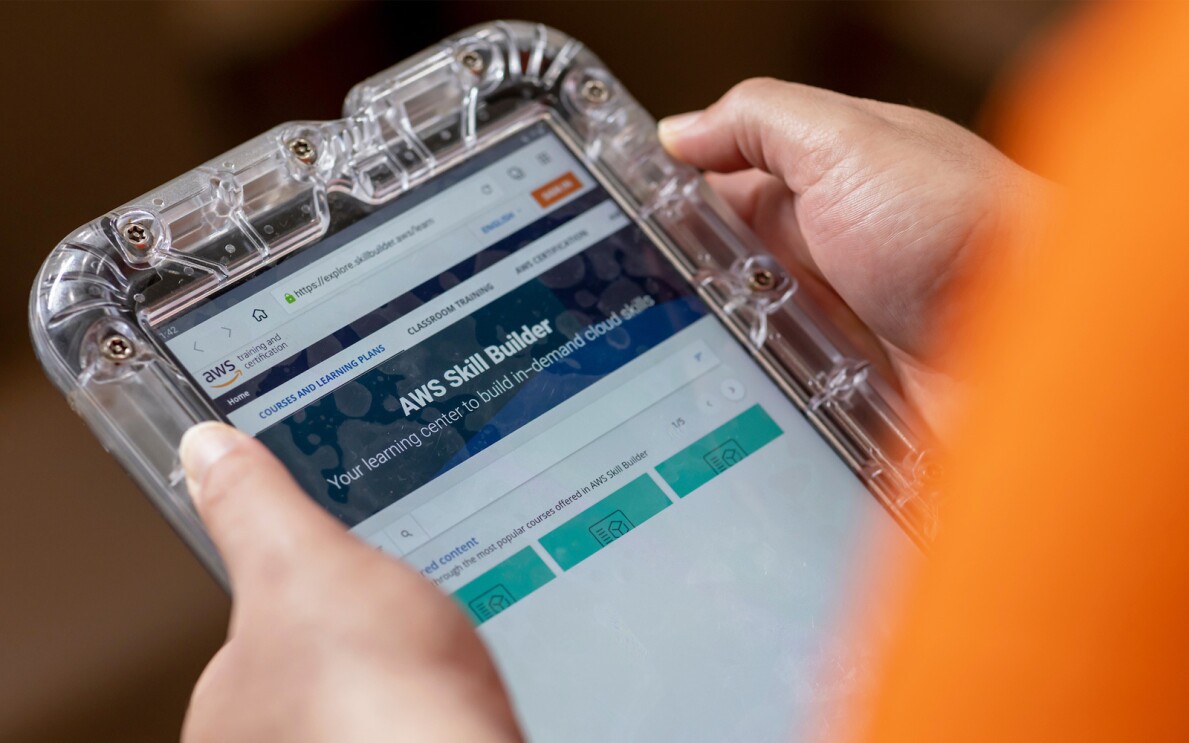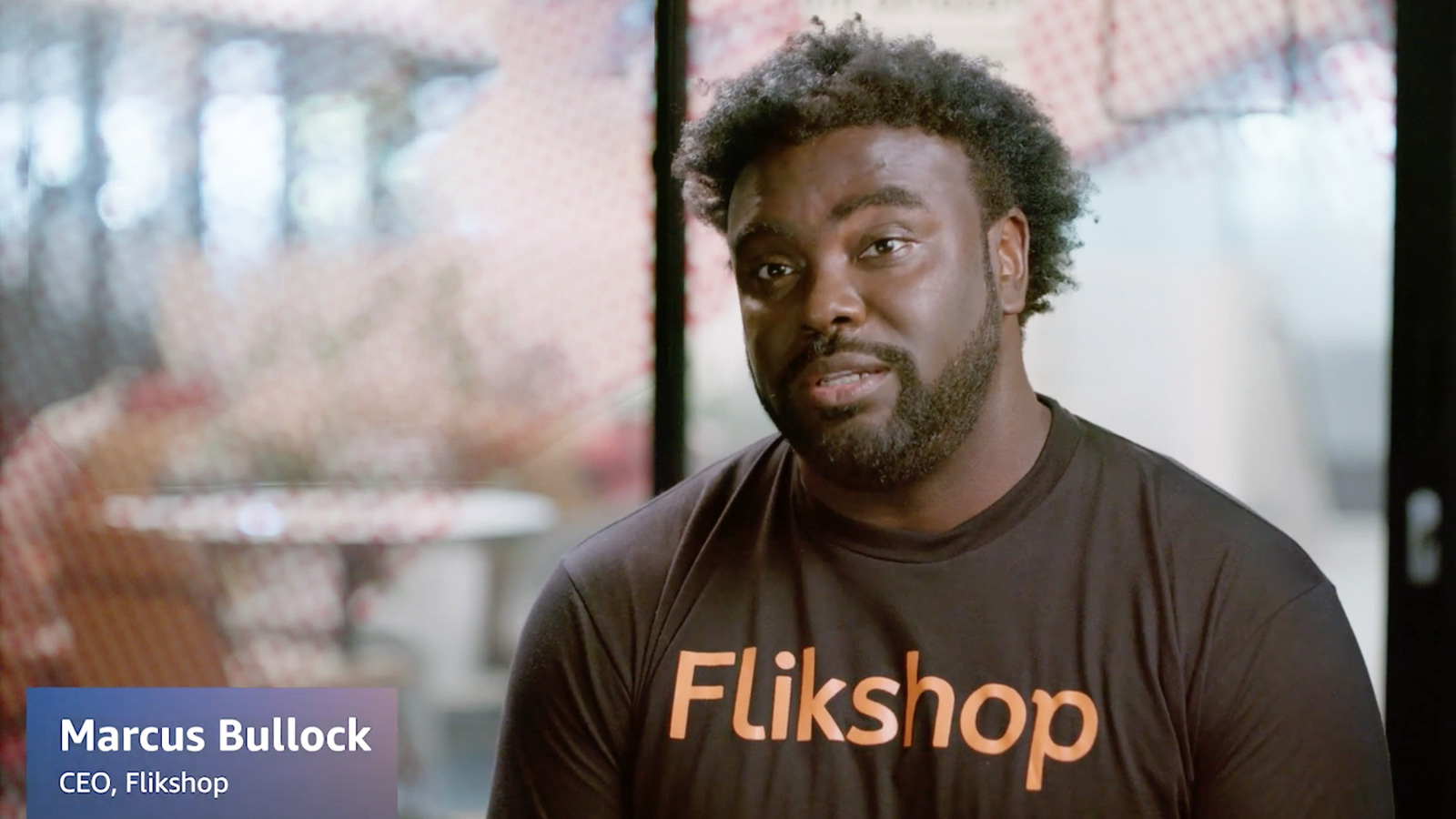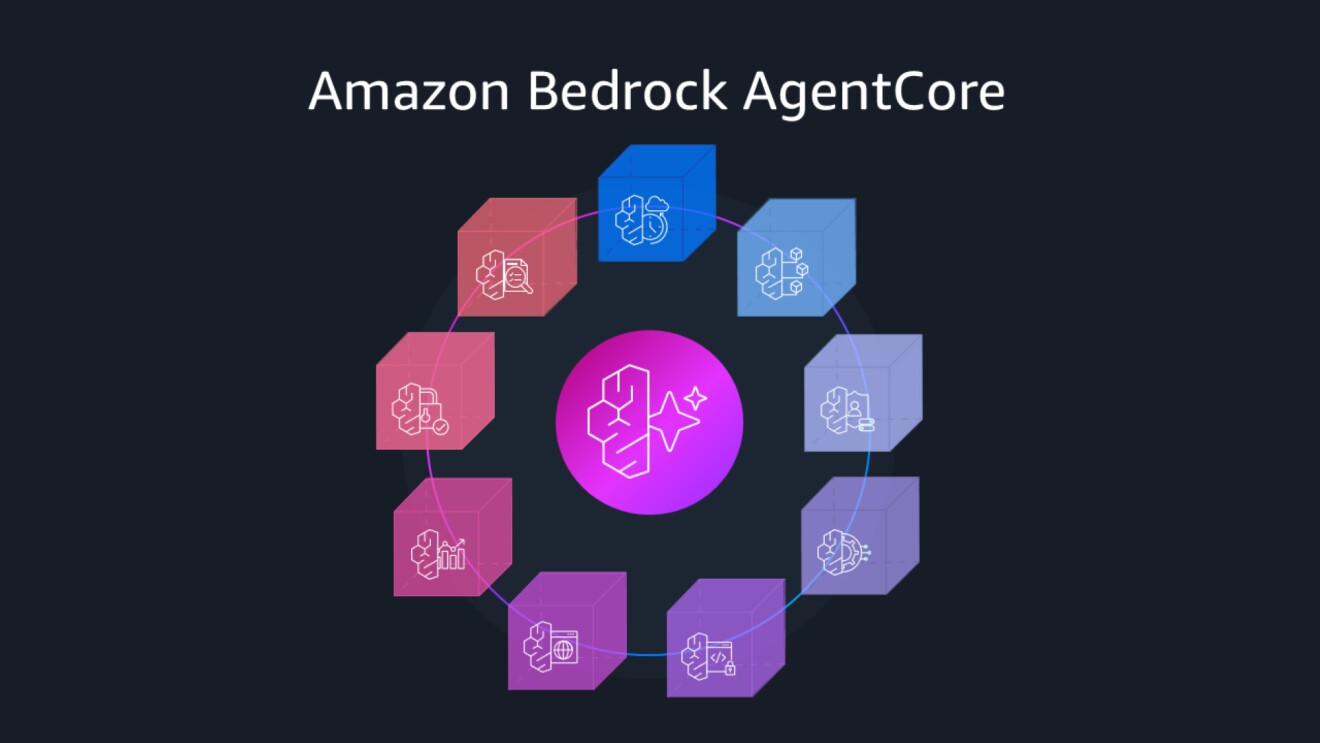Julian Blair knew nothing about cloud computing when he became incarcerated in a Washington, D.C. jail more than two years ago.
“I'd never done anything with a computer besides video games, typing papers in college, and downloading music on an iPad,” said Blair.
Now, after three months of work with an educational program led by Orijin and Amazon Web Services (AWS) inside the jail, Blair and 10 other residents at the facility have successfully passed the AWS Certified Cloud Practitioner exam.
“I’ve learned more about computers than I ever did in college,” Blair said.
 Juilian Blair attending a cloud certification training session led by Amazon Web Services (AWS) employees.
Juilian Blair attending a cloud certification training session led by Amazon Web Services (AWS) employees.The cloud certification program is a first-of-its-kind partnership between the DC Department of Corrections (DC DOC), AWS, and Orijin, an ed-tech company dedicated to helping incarcerated individuals prepare to make a living wage after serving time. The pilot program’s aim is to help individuals get exposure to cloud computing and possible careers in cloud technology.
AWS services unlock cloud-computing skills behind bars
About 2 million people are incarcerated in the United States, according to the Prison Policy Initiative. Another 4.5 million Americans are on parole and probation, and one out of every three adults has had some sort of involvement with the correctional system. People with a history of incarceration have a harder time getting back into the workforce once released, which can lead to recidivism.
“You have to give people the skills they need to be able to find jobs so they don't end up back in the system,” said Arti Finn, co-founder and chief strategy officer for Orijin. “Basically, we are, as a country, not doing anything to treat the person who is behind bars.”
Orijin is working to change this by providing technology-driven programs to residents in 120 correctional facilities in 17 states. These services are offered through custom-designed digital tablets that incarcerated individuals can use to access anything from TED Talks to financial literacy courses.
The tablets also give program participants free access to cloud skills training and cloud certification exam preparation materials on AWS Skill Builder. The program is part of a larger commitment Amazon has made to invest hundreds of millions of dollars to provide free cloud computing skills training to 29 million people by 2025.

Cloud certification programs for those who are no longer incarcerated are accessible outside detention facilities, but programs that train and certify students while they’re still behind bars are rare.
“Working with residents prerelease is imperative to their post-release success,” said Amy Lopez, who was a deputy director for the DC DOC and now consults on career readiness and professional development for correctional institutions. “Ninety-five percent of all people in this country that are incarcerated go home. Who do we want coming back to our communities—somebody who can successfully navigate and add positively to our communities or somebody who's going to recidivate in three to five years? Well, we want the former.”
Soft skills supplement technical takeaways for students
As part of the program, AWS trainers take a hands-on approach with the students, and employee volunteers from across Amazon incorporate job readiness into the experience. Amazon employees conduct online mock interviews with the students, who use Orijin-issued tablets.
“There's a lot of value that AWS brings beyond just the curriculum,” Finn said. “[Students] learn that it's not just the credential AWS is looking for, but the motivation and the ability to think beyond just oneself.”
Yari Rodriguez is a human resources business partner at an Amazon fulfillment center in Connecticut, where interviewing candidates is part of her job. She volunteered to do mock interviews with two students in the program. The participants appreciated her feedback, she said. They were eager to talk about their careers before incarceration—and about their motivations to succeed outside of jail.
“One gentleman I interviewed was a firefighter,” said Rodriguez. “His stories were amazing. He taught me so much about his world and what he previously did.”
With an unemployment rate of more than 27% for formerly incarcerated individuals nationwide, the effort to provide skills training and job readiness is a key part of reversing the recidivism cycle, Rodriguez said.
For Blair, the program opened up the potential for an entirely new path post-lockup. Before jail, he had earned a degree in sports management at Howard University. He ran track in school and pursued a career as a professional football player.
When his release date arrives, he’ll be working toward a career in technology.
“I feel like that field's getting wider and wider every day,” Blair said. “I'm excited about it and seeing how far it can take me.”
Learn more about Amazon’s commitment to help 29 million people around the world grow their cloud computing skills for free by 2025.
Trending news and stories
- Amazon Stores CEO reveals what he learned from Jeff Bezos about building company culture
- Isabel Allende's 'The House of the Spirits' adaptation coming to Prime Video on April 29
- How to listen to the new 'Harry Potter' audiobooks on Audible
- Everything you need to know about the 'God of War' series coming to Prime Video










